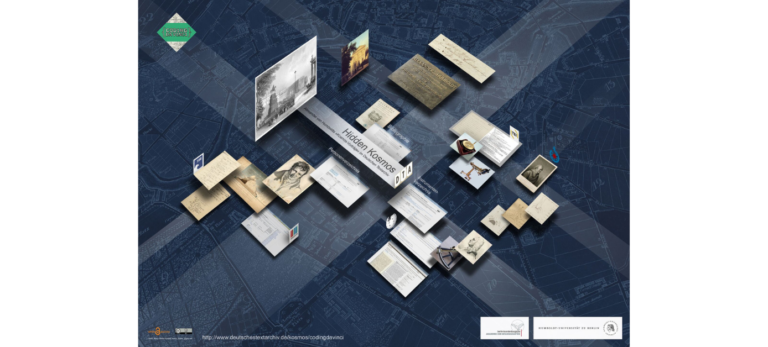
Das Hidden Kosmos – Reconstructing Alexander von Humboldt’s »Kosmos-Lectures« widmete sich von 2014–16 der Ermittlung und Verzeichnung, Bild- und Volltext-Digitalisierung
Short description of the project
The Diccionario del Español Medieval electrónico (DEMel) is a semantically pre-structured and lemmatized database dedicated to the Medieval Spanish. The basis is the digitized archive of the Diccionario del Español Medieval (DEM), which was discontinued at the end of 2007 for financial reasons. With more than 600 literary and non-literary works or collections of texts and documents as sources, the material represents the Spanish vocabulary from the 10th to the beginning of the 15th century.
Project content
The project Diccionario del Español Medieval electrónico (DEMel), funded by the German Research Foundation, aims to create a lemmatized and semantically pre-structured electronic data archive on medieval Spanish that is freely available and searchable on the Internet. Based on the digitized archive of the renowned Diccionario del Español Medieval (DEM), it provides access to over 31,000 lemmas with about 650,000 attestations from the 10th to the beginning of the 15th century.
In the course of digitization and indexing, approximately 865,000 paper slips - including around 700,000 slips on which the medieval word forms are written with their respective context of use, the source and their dating as well as, for example, grammatical, semantic and etymological information - were first scanned. Afterward, the project team developed a database structure and recorded the information contained on the paper slips manually.
The DEMel web portal developed at the University of Rostock now offers users the opportunity to evaluate the material in a structured manner according to their individual research questions using several search and filter functions. The great diversity of topics and text types covered by the underlying corpus (fiction, religious and legal documents, technical and scientific treatises on astronomy, mineralogy, botany, etc.) makes it possible to examine previously unrecorded aspects of medieval Spanish vocabulary. This makes the web portal a valuable source of information for Hispanists as well as for scholars from other disciplines (e.g. Arabic and Jewish studies, theology and Latin studies).
dem.electronico@uni-rostock.de
Find out more at
https://demel.uni-rostock.de/
Add your DH research project to the project showcase by submitting a short project description via the web form. Enter project data, a brief description, a graphic or visualization as well as a detailed description of the project content with technical assignment, addressees, added value, project managers, funding information and duration.

Das Hidden Kosmos – Reconstructing Alexander von Humboldt’s »Kosmos-Lectures« widmete sich von 2014–16 der Ermittlung und Verzeichnung, Bild- und Volltext-Digitalisierung
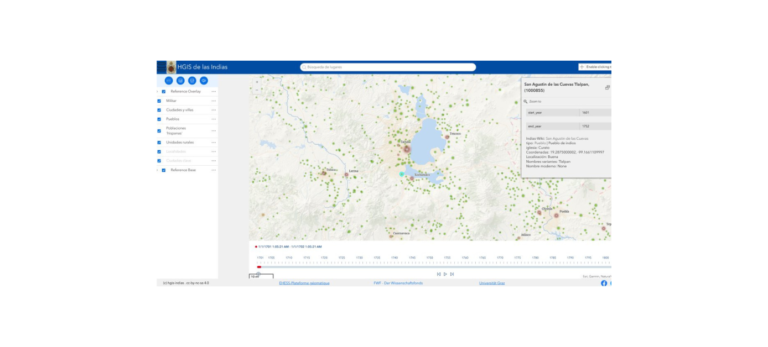
HGIS de las Indias ist eine historisch-geographische Datenbank zum Spanisch-Amerika der ausgehenden Kolonialzeit.
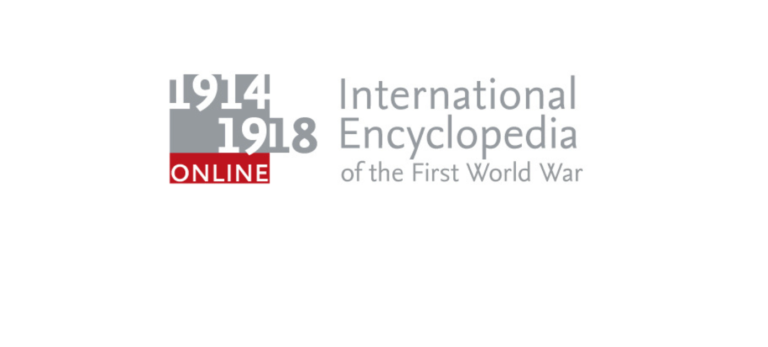
Das Zusammenwirken von über 1,200 Projektbeteiligten aus über 50 Ländern ermöglicht eine umfassende Darstellung der „Urkatastrophe des 20. Jahrhunderts“ in
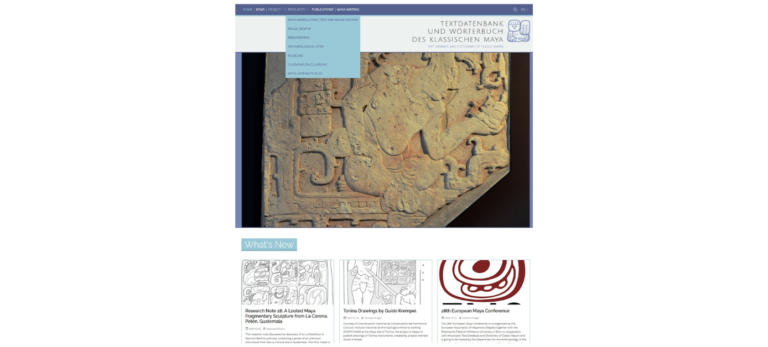
Das von der NRW Akademie der Wissenschaften und der Künste sowie der Union der Deutschen Akademien finanzierte Langzeitprojekt an der
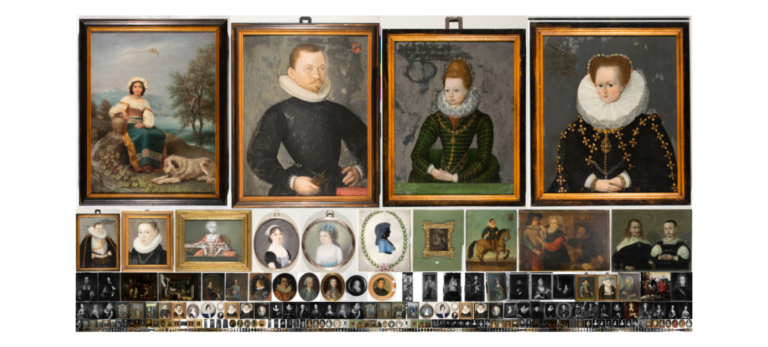
Das vom Bundesministerium für Bildung und Forschung (BMBF) geförderte und am UCLAB der FH Potsdam angesiedelte Projekt Restaging Fashion (11.2020
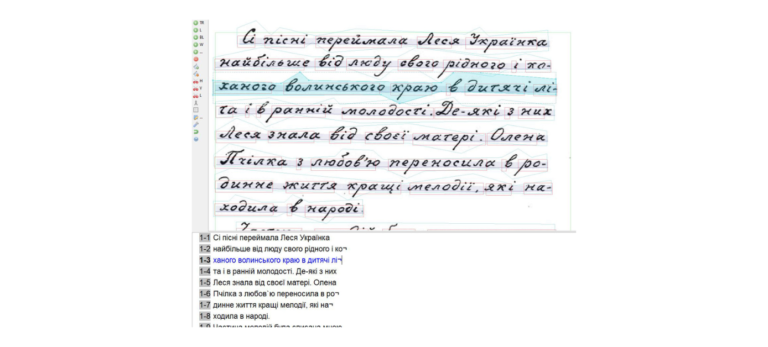
Das MultiHTR-Team setzt die Ergebnisse der ersten erfolgreichen Projektphase (01. Juni 2020 bis 31. Mai 2022) fort, um in der
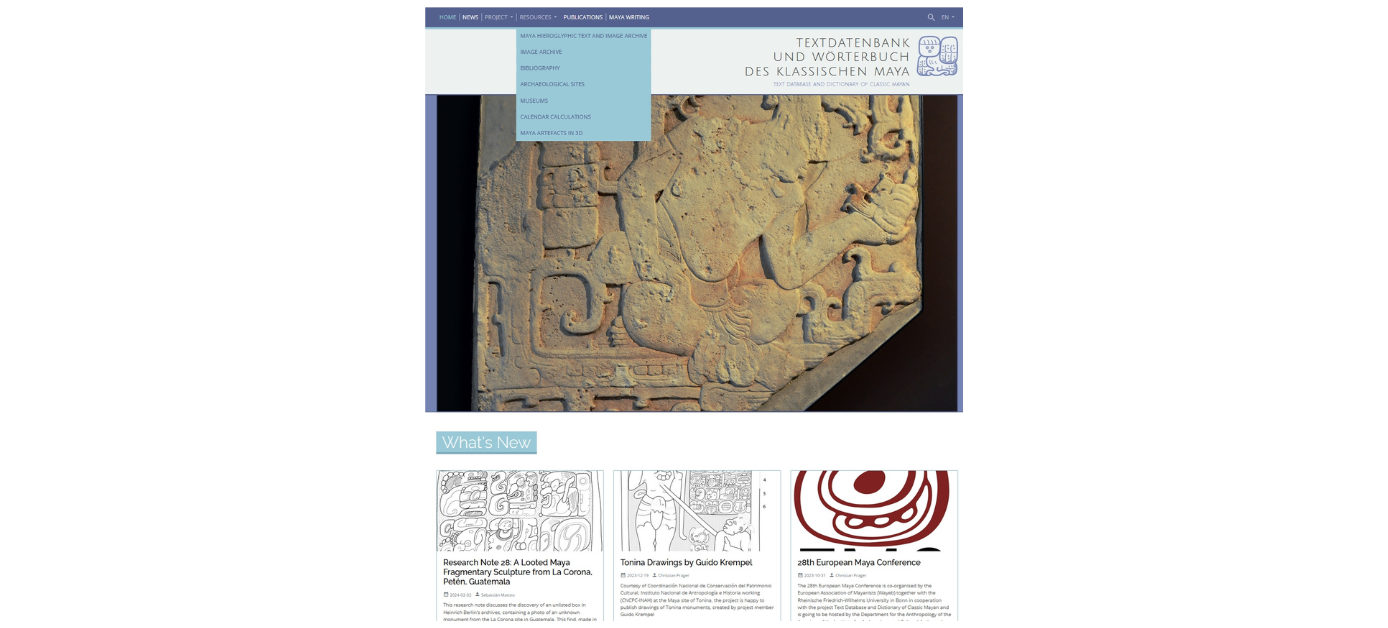
The long-term project funded by the NRW Academy of Sciences and Arts and the Union of German Academies at the University of Bonn explores the script and language of the Classic Maya culture. It aims to document Maya hieroglyphic inscriptions in a database and to catalog the hieroglyphic language in a digital dictionary. Sources such as literature, archives, and photo collections are researched, processed in the virtual research environment TextGrid, and published online. Information and images of inscriptions are stored in an object database and in the "Maya Image Archive," an open-access repository containing over 15,000 images, freely accessible to users.
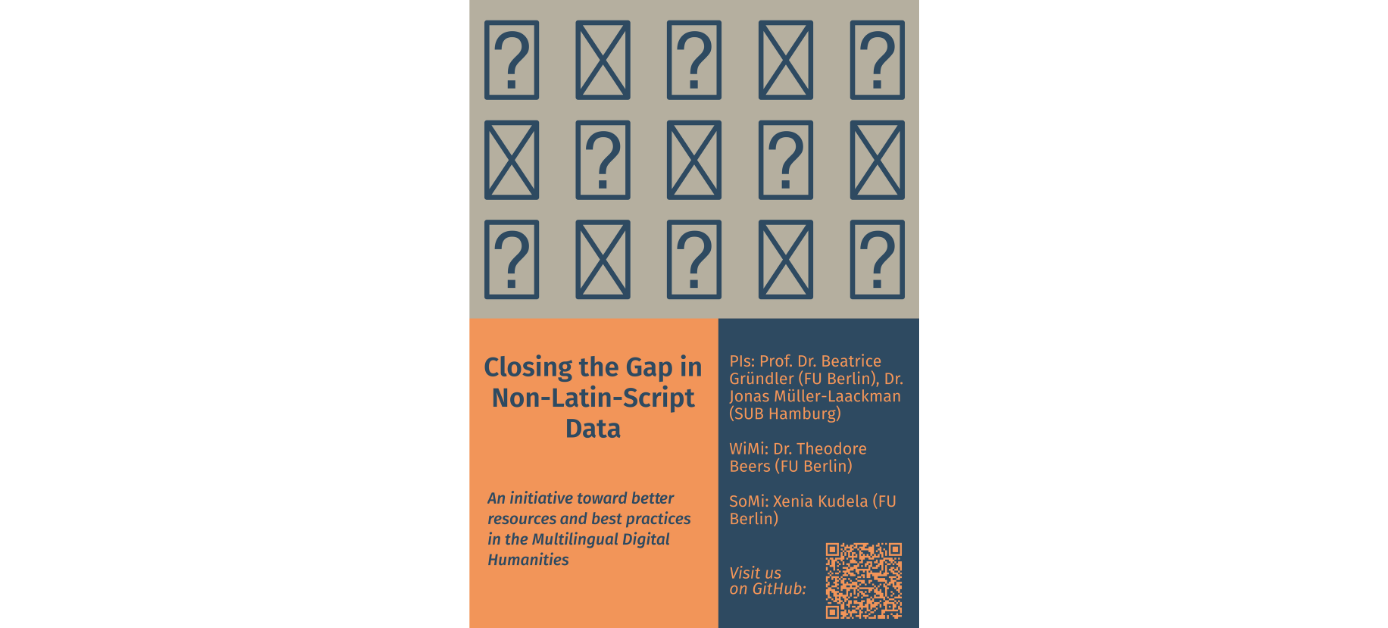
Das Projekt aggregiert Informationen zu digitalen Projekten und Konsortien, die sich im weitesten Sinne mit nicht-lateinischen Schriften beschäftigen. Die gesammelten Daten werden visualisiert und sollen Aussagen darüber treffen, was nötig ist, damit sich die Bedingungen für die Arbeit mit NLS im Bereich Digital Humanities bessern. Zusätzlich dient das Projekt als Knowledgebase für Forscher:innen, die sich einen Eindruck über den state of the field machen wollen. Das Projekt stellt alle Forschungsdaten, den Code und die Workflows im Open Access über GitHub zur Verfügung.
Wir verwenden Cookies und ähnliche Funktionen zur Verarbeitung von Daten. Die Zustimmung ist freiwillig und kann jederzeit widerrufen werden.